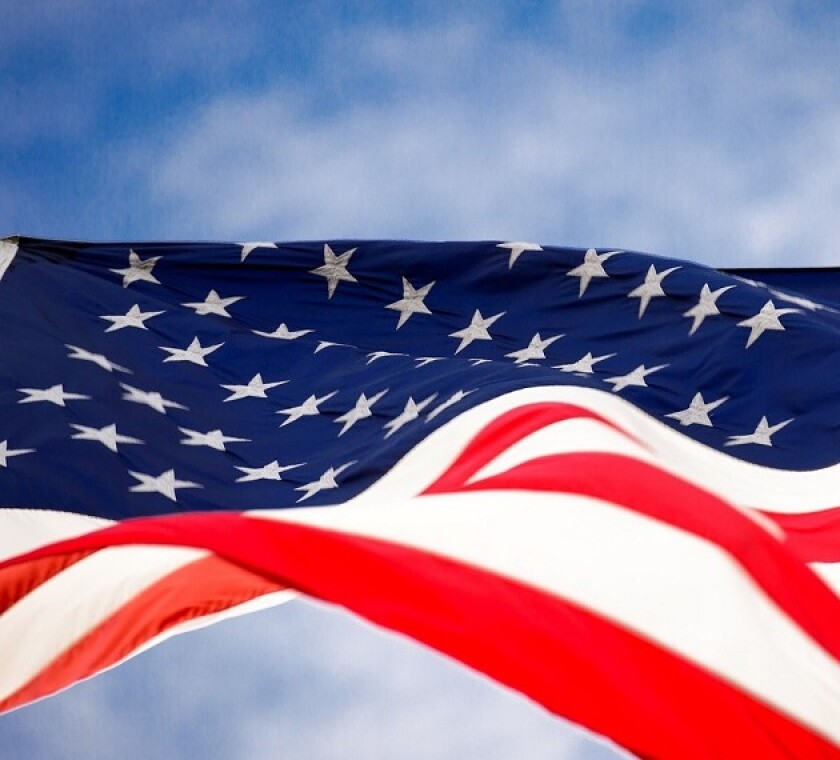Altera v. Commissioner challenged regulations under Treas. Reg.§ 1.482-7 that required cost sharing arrangement (CSA) participants to include stock-based compensation (SBC) costs among the intangible development costs subject to cost-sharing. Following an initial taxpayer victory from a unanimous US Tax Court in 2015, many taxpayers with CSAs ceased sharing SBC costs.
Recognising that the Tax Court outcome was not final, many of these taxpayers also amended their CSAs to include ‘reverse clawback’ provisions, which required a cumulative SBC payment to be made in the event the SBC regulations challenged in Altera were upheld by a final decision in Altera or by another triggering event.
That has since transpired. The Ninth Circuit reversed the Tax Court in 2019, and the US Supreme Court declined to take the case, leaving Altera a victory for the IRS. Under most reverse clawback provisions, the triggering event occurred in 2020 when the Supreme Court denied certiorari, though some taxpayers may have viewed the event as occurring in 2019 when the Ninth Circuit issued its mandate upholding the challenged regulations.
An IRS advice memorandum dated July 13 2021 (the AM) provides instruction to examiners regarding taxpayers’ efforts to comply with Treas. Reg.§ 1.482-7 following the Ninth Circuit’s decision. Unfortunately, the approach laid out in the AM creates serious compliance issues for taxpayers that have relied, or intend to rely, on reverse clawback true-ups for unshared SBC costs.
The AM takes the position that unshared SBC costs must be included in the years they were incurred, either by a taxpayer filing amended returns or by an IRS exam team making adjustments. Making a true-up payment in the year of the triggering event will not prevent the IRS from adjusting earlier years and can create double tax risk. The AM does note that if a true-up payment has not yet been made, adjustments to earlier years will reduce the true-up amount due.
For closed years, the AM concludes that the IRS may, where appropriate, use Treas. Reg. § 1.482-7(i)(5) to adjust the CSA such that the US participant would gain an interest in the foreign participant’s share of the cost shared intangibles.
Alternatively, the AM concludes that the IRS can force taxpayers to adhere to the terms of a reverse clawback provision and make a true-up payment with respect to any closed years. While one might question how this aligns with the AM’s position that reverse clawback provisions will not be respected for open years, a true-up for closed years seems generally preferable to a Treas. Reg. § 1.482-7(i)(5) adjustment.
Because reverse clawback provisions were generally triggered in 2020, taxpayers need to determine how to address inclusions for unshared SBC costs before filing their 2020 US returns. For those that already made a true-up in 2019, it is important need to think carefully about how to proceed, given the potential for double tax if amended returns are filed to include SBC costs already covered by a true-up payment.
For taxpayers with reverse clawback provisions that were triggered in 2020, relying on a true-up will be risky in light of the AM’s conclusions; amending open years will generally be preferable from a federal income tax perspective, though it is important to remember that amending returns may have state consequences.
Taxpayers that excluded SBC costs from their CSAs may also have engaged in platform contribution transactions (PCTs) that were valued based on projections that also excluded SBC costs. For such taxpayers, PCT payments were likely overstated, and thus the inclusion of unpaid SBC costs may raise a setoff opportunity.
Careful consideration must be given to valuing and reporting any such setoffs, but they may provide welcome partial relief from the impact of SBC inclusions.
Mark Martin
Principal, KPMG
Manager, KPMG













